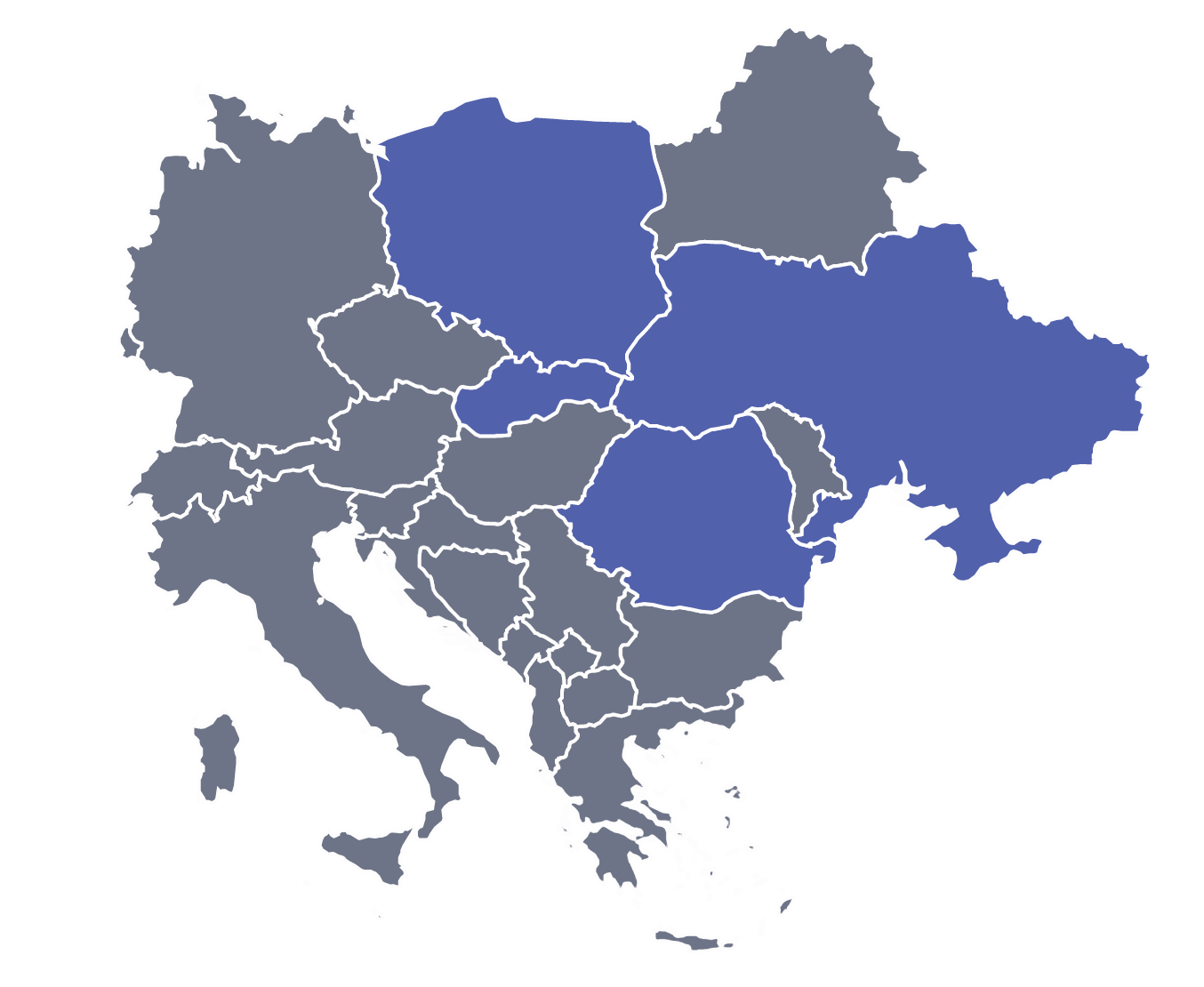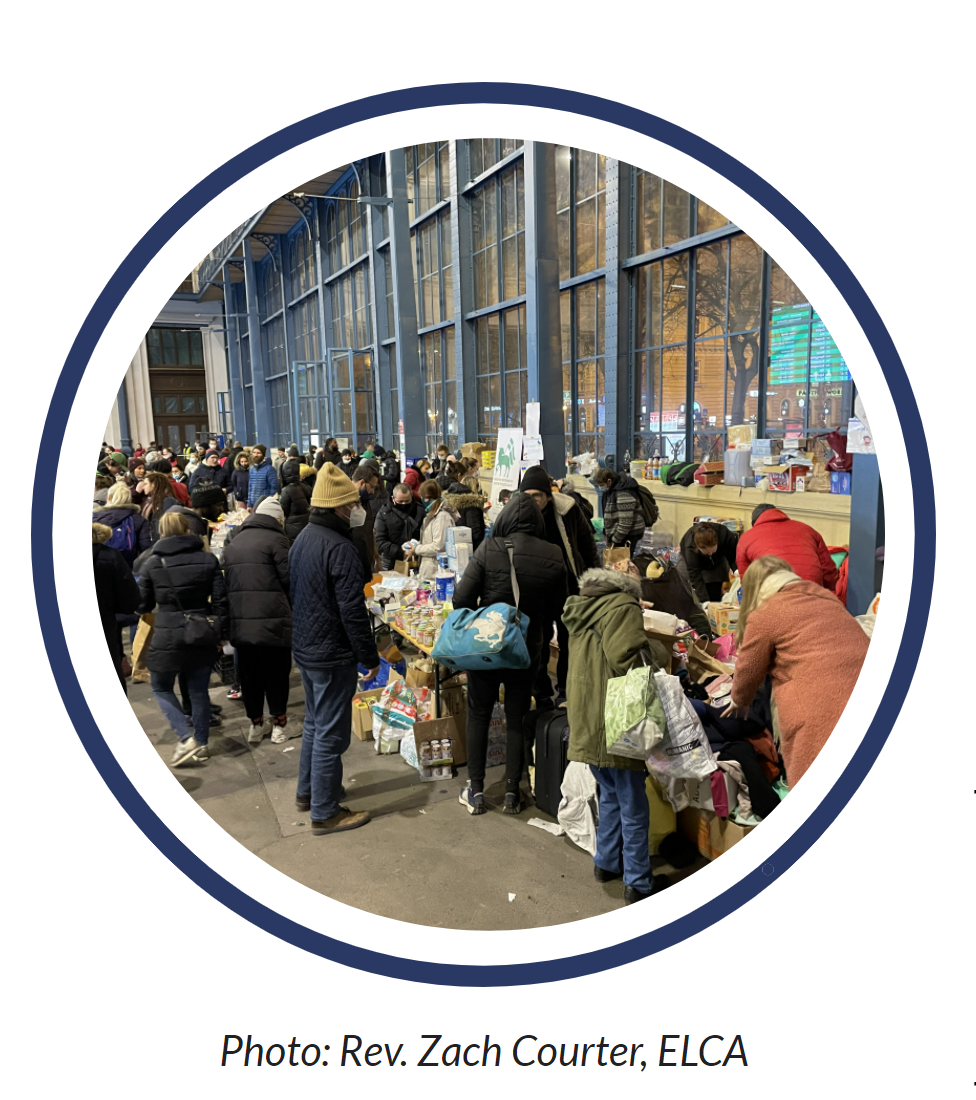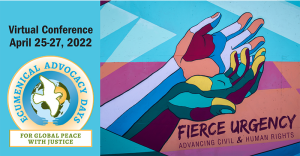from the ELCA advocacy office in Washington, D.C. – the Rev. Amy E. Reumann, Senior Director
Partial expanded content from Advocacy Connections: March 2022
VAWA REAUTHORIZATION READY FOR SIGNATURE | FAITH NETWORKS AND STATE OF THE UNION | LEARN MORE ABOUT FAITH AND REPARATORY JUSTICE | GLOBAL COVID-19 VACCINES ACCESS | TEMPORARY PROTECTED STATUS DESIGNATIONS
 VAWA REAUTHORIZATION READY FOR SIGNATURE: Reauthorization of the Violence Against Women Act (VAWA) is ready for the president’s signature, and we thank the many Lutherans who expressed support using the ELCA Action Alert! Both Vance Blackfox (Cherokee), Director, Indigenous Ministries & Tribal Relations, and Dr. Mary J. Streufert, Director, Justice for Women, in the ELCA commented on this policy development.
VAWA REAUTHORIZATION READY FOR SIGNATURE: Reauthorization of the Violence Against Women Act (VAWA) is ready for the president’s signature, and we thank the many Lutherans who expressed support using the ELCA Action Alert! Both Vance Blackfox (Cherokee), Director, Indigenous Ministries & Tribal Relations, and Dr. Mary J. Streufert, Director, Justice for Women, in the ELCA commented on this policy development.
“Indigenous women have always been the center of our villages and communities, and the systematic attempts by the U.S. federal government and others to de-center and eliminate them have been egregious and criminal. This latest passage of VAWA that contains expanded protections for Indigenous women and children brings to light the lack of protection offered all these years and finally elevates the standard for the level of justice and care our women have always deserved,” said Blackfox.
“[VAWA] serves neighbors—people in need because they have been targeted with violence based on gender and race. The ELCA as a church is expressly in support of laws that stem these kinds of violence. We trust that God works through us to create safety and flourishing for others, including through laws and policies. We also trust that God works through us to challenge sexist and racist beliefs that make gender-based violence seem like it is normal,” said Streufert.
 HUNGER AND THE STATE OF THE UNION: President Biden named the Child Tax Credit as a priority in his State of the Union speech, which is also a priority of our anti-hunger advocacy shared by partners from Christian, Jewish and Muslim organizations. The ELCA is addressing priorities in additional legislation that would have been in Build Back Better legislation.
HUNGER AND THE STATE OF THE UNION: President Biden named the Child Tax Credit as a priority in his State of the Union speech, which is also a priority of our anti-hunger advocacy shared by partners from Christian, Jewish and Muslim organizations. The ELCA is addressing priorities in additional legislation that would have been in Build Back Better legislation.
Collaboratively, our advocacy is working with legislative opportunities with maternal health in Black women, heath care for all, as well as Child Tax Credit potentials. An interfaith webinar on Mar 16 at 1 p.m. ET, cosponsored by the ELCA, will explain changes to the Child Tax Credit and Earned Income Tax Credit, and how you can help spread the word in our communities about these tax credits. More at https://bit.ly/FaithfulTaxFilers
 LEARN MORE ABOUT FAITH AND REPARATORY JUSTICE: The ELCA continues cohosting a monthly faith series examining reparations for people of African Descent. The March 16 session will focus on the global and international aspects of the reparations movement; April 20 on housing, land and debt; and May 1 on health.
LEARN MORE ABOUT FAITH AND REPARATORY JUSTICE: The ELCA continues cohosting a monthly faith series examining reparations for people of African Descent. The March 16 session will focus on the global and international aspects of the reparations movement; April 20 on housing, land and debt; and May 1 on health.
Event registration and access to previously recorded sessions is available from the National Council of Churches website at https://nationalcouncilofchurches.us/reparatory-justice-series/. The March 16 session includes partners speaking about involvement in Haiti and other nations, and study of the rich theology and history developed around the issue.
 GLOBAL COVID-19 VACCINES ACCESS: The ELCA continues to advocate to U.S. government and global multilateral entities to ensure better ways to increase access to COVID-19 vaccines, treatments and other resources–especially for low-and-middle income countries.
GLOBAL COVID-19 VACCINES ACCESS: The ELCA continues to advocate to U.S. government and global multilateral entities to ensure better ways to increase access to COVID-19 vaccines, treatments and other resources–especially for low-and-middle income countries.
The Biden administration announced that it will increase its coronavirus vaccine assistance to 11 African countries—based on COVID burden on their populations, capacity of their health systems to quickly administer vaccine doses and ability to effectively deploy additional U.S. investments. The goal is to provide intensive financial, technical, and diplomatic support, including bolstering cold chain supply and logistics, service delivery, vaccine confidence and demand, human resources, data and analytics, local planning, and vaccine safety and effectiveness.
 TEMPORARY PROTECTED STATUS DESIGNATIONS: The Department of Homeland Security (DHS) is to be commended for designating Sudan and Extending and Redesignating South Sudan for Temporary Protected Status (TPS) due to dire country conditions. In response to the continued conflict in Eastern Europe, Ukraine was also designated for TPS.
TEMPORARY PROTECTED STATUS DESIGNATIONS: The Department of Homeland Security (DHS) is to be commended for designating Sudan and Extending and Redesignating South Sudan for Temporary Protected Status (TPS) due to dire country conditions. In response to the continued conflict in Eastern Europe, Ukraine was also designated for TPS.
TPS offers relief for eligible community members with protection from deportation, work permits and the possibility to live their day-to-day lives without the overbearing fear of being separated from their loved ones. It has been a tool employed by both Republican and Democratic administrations to protect community members in the United States while their home country conditions remain unstable. Other countries the United States should consider designating for TPS include Cameroon and Guatemala, and “redesignating” Honduras and El Salvador.
Receive monthly Advocacy Connections directly by becoming part of the ELCA Advocacy network – http://elca.org/advocacy/signup , and learn more from elca.org/advocacy .





